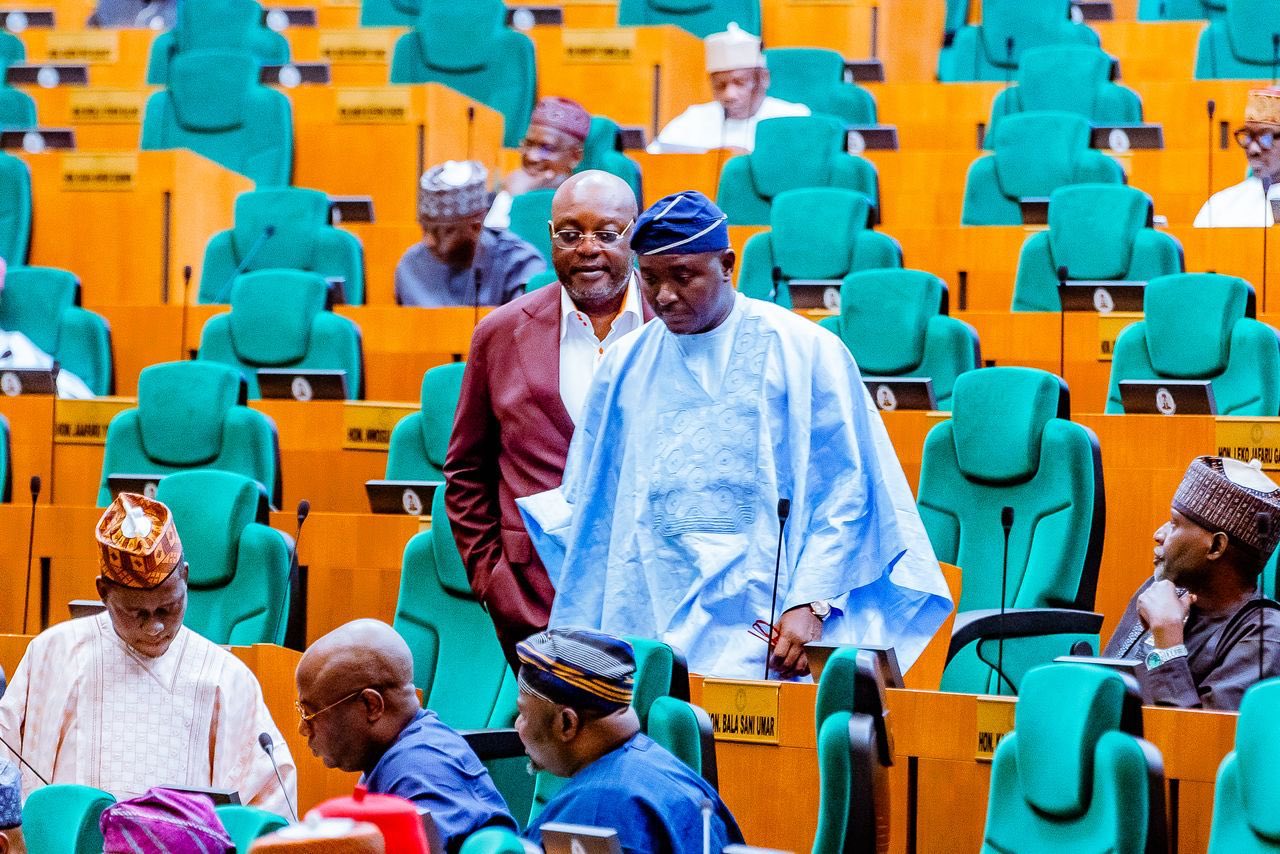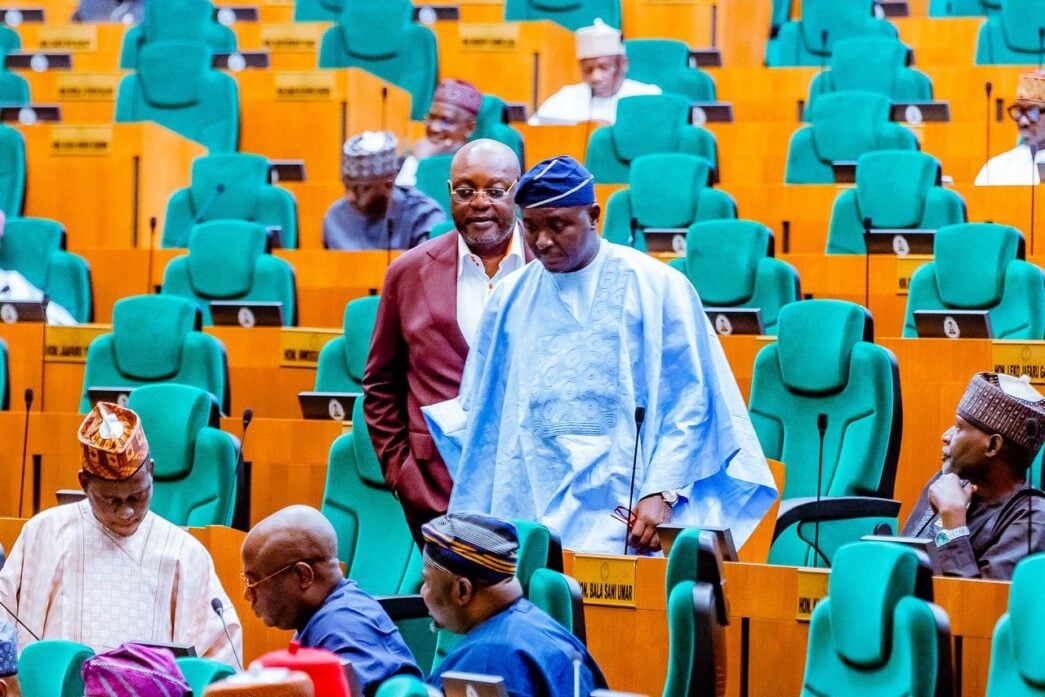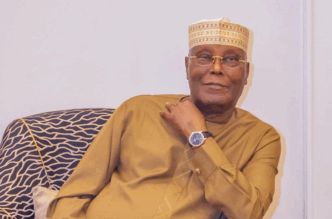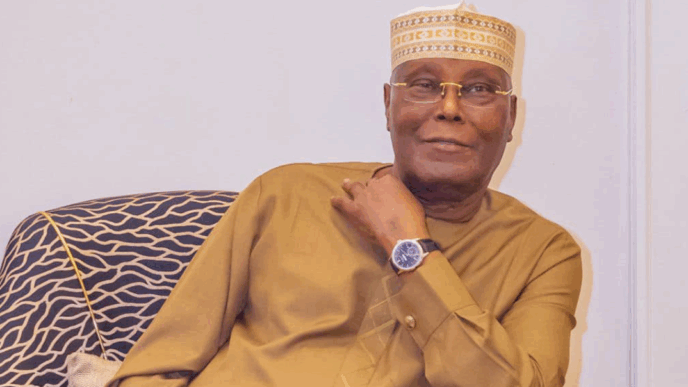Akin Alabi, a member of the house of representatives, says the bill seeking to create reserved seats for women in the parliament is a positive step but requires strong advocacy to secure passage.
Alabi, the lawmaker representing the Egbeda/Ona-Ara federal constituency of Oyo state, spoke on Wednesday during an X Space tagged “The Debate on reserved seats for Nigerian women” hosted by TheCable Newspaper.
He noted that while the bill enjoys wide support among lawmakers, some reservations remain about its viability and implementation.
“Generally, I think it’s positive (the bill), but we have to understand that we deal with hundreds of bills at a time,” the lawmaker said.
Advertisement
“So, while this is a priority for some, other members are also pushing issues important to their constituencies.”
He added that some lawmakers are uncertain whether the bill can get the required votes from the state houses of assembly.
“We can pass it in the house, but when it goes to the states’ house of assemblies, you need 24 of them to vote in favour,” he said.
Advertisement
“That’s where the real test lies.”
He added that there are also concerns about how the policy could be implemented without creating new barriers for women.
“Yes, it will automatically increase the number of women in parliament,” he said.
“But there’s also the risk that in some constituencies, people might tell women who want to contest, ‘Go and take the reserved seat.’ That’s where strong advocacy will be needed.”
Advertisement
Alabi said his focus is on supporting the bill to ensure it succeeds.
“It’s easy to keep talking about problems, but someone has come up with a solution,” he said.
“So, what I want to do now is to support you guys to make sure it sees the light of day.”
The lawmaker acknowledged that while the mood in the house is generally supportive, some members may still vote differently during the final decision.
Advertisement
“Not every bill gets 100 percent support,” he said.
“When it’s time to vote, it won’t be a voice vote—each person will vote privately on their computer. So we have to convince people now, not just assume they’ll say yes.”
Advertisement
‘PASSING A BILL IS LIKE AN ELECTION’
On the replacement of Adewunmi Onanuga, the late deputy whip of the house, who died on January 15, with Ibrahim Isiaka, a male lawmaker, Alabi dismissed claims that it contradicted the gender inclusion agenda.
Advertisement
He said Onanuga did not hold her position because she was a woman but due to “merit and zoning considerations”.
“She was there because of her quality and competence, and because the position was zoned to the south-west, and micro-zoned to Ogun state,” he said.
Advertisement
“Sadly, when she passed, it was natural that the replacement would still come from the same zone.”
Alabi added that the process had nothing to do with gender but followed legislative tradition.
“Leadership positions are typically given to ranking members with experience,” he said.
“It wasn’t about replacing a woman with a man — it was simply about following the structure already in place.”
He asked advocates of the bill to continue engaging lawmakers at all levels to secure the needed votes.
“Passing a bill is like an election,” he said.
“Even if people support you, you still need to mobilise and get them to act. That’s the work ahead of us.”
The proposals include additional seats for women in the senate, house of representatives, and state houses of assembly.
Some bills propose that each state and the federal capital territory (FCT) should elect additional female lawmakers, while others suggest establishing regional special interest seats for women and persons with disabilities.












